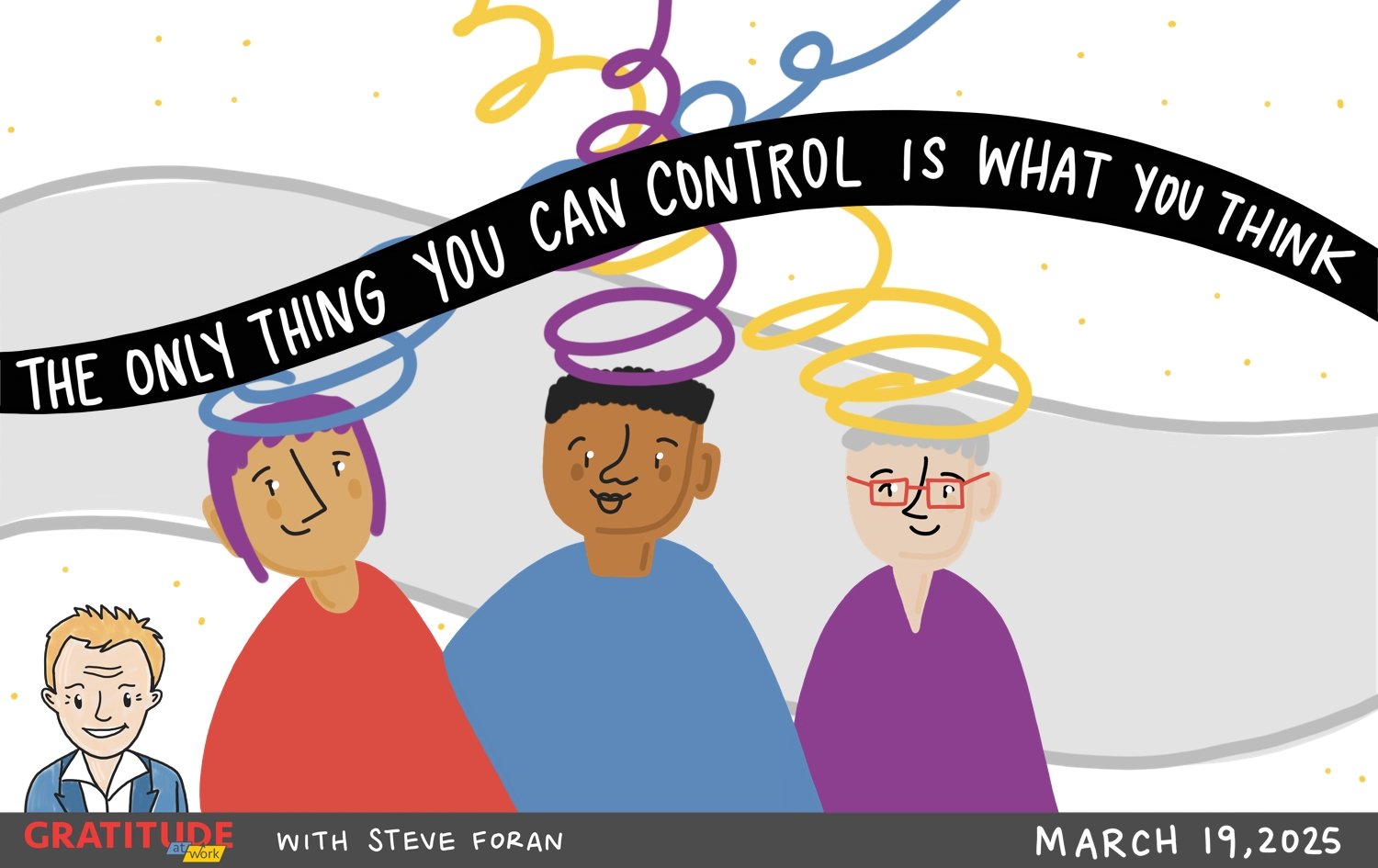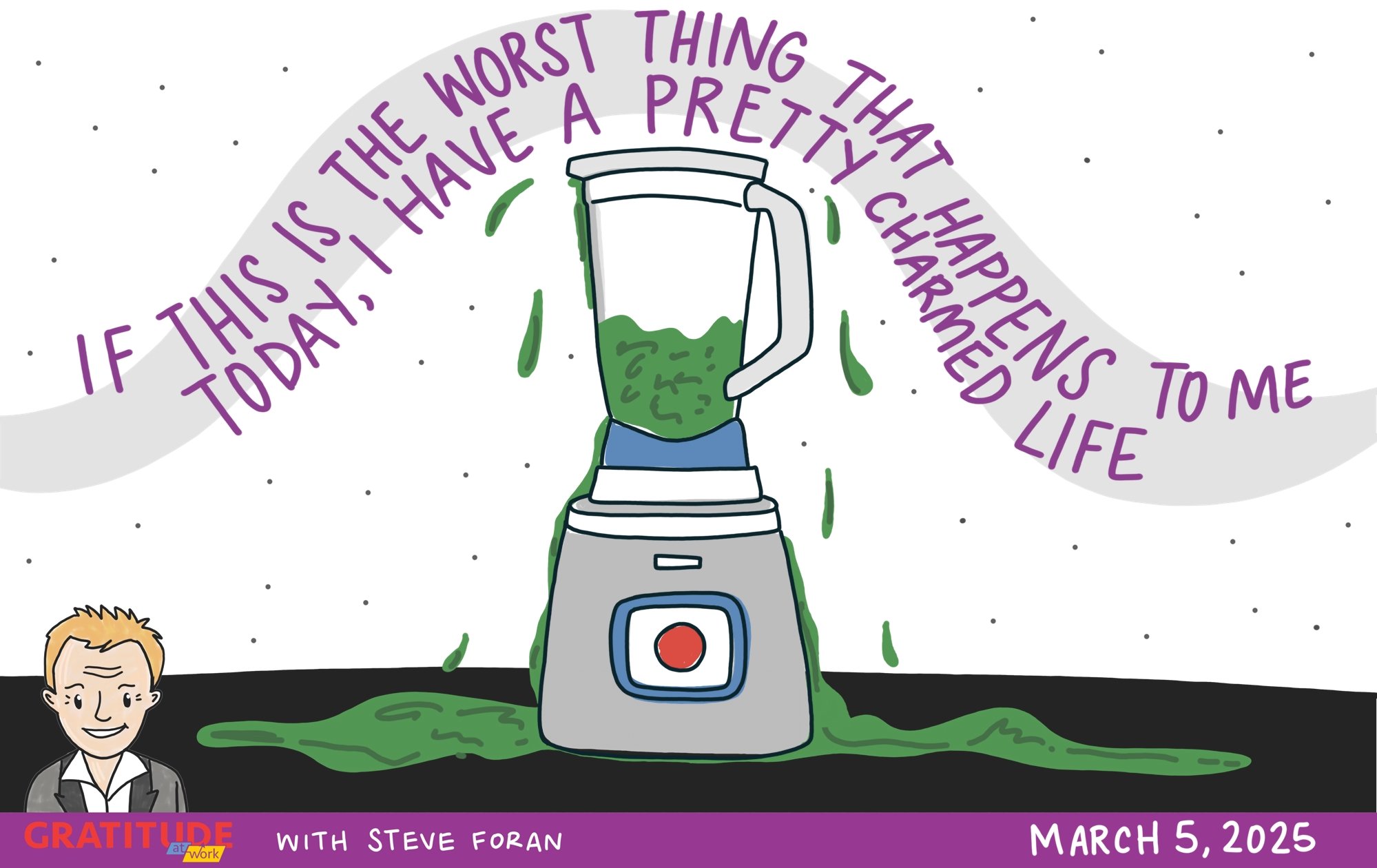Find positive intent
In the first 2 or 3 years of school—primary through grade 2, right after we sang the national anthem, the school sold treats that you could take outside during morning recess. Every now and then, Mom and Dad gave us some change so my brother Pete and I could get our favourite—the Jos. Louis. If you’re not familiar, the Jos. Louis is a round chocolate layer cake with a cream centre with a hard chocolate coating.
On Jos. Louis mornings, more often than not, either Pete or myself became the target of a school bully who was known in our house as “The Jos. Louis Snatcher”. His MO—like a lion who spots a wildebeest favouring a hind leg, he would circle unseen until the perfect moment. The unsuspecting victim would be one or two bites in, more attentive to the crumbs on their lips or chin (you didn’t want to waste a morsel) and unaware of the lurking danger, and then out of nowhere, the Jos. Louis Snatcher would sprint by with his arm outstretched and remove the Jos. Louis from your hand. His lightning fast running was only outdone by the speed in which he inhaled the reminder of your Jos. Louis.
He struck fear into our souls and in our house, he was a monster—a demon. The mere mention of his name brought on uncontrollable weeping.
Here’s the thing—that monster was 8 or 9 years old. He was a little boy, and as I tell my kids and grandkids,
“He’s looking for love and he just has an odd way of showing it.”
In defence of the monster, who knows what was going on in his world. Heck, the last thing we did in grade 2 when done wrong is pause, take a moment to be curious and wonder what is going on in the life of the offender. Young kids just are not wired to do that.
Guess what ? Even still as an adult, I’m not wired to give the benefit of the doubt as my default response. And unless you’re different than the majority of people out there, you’re just like me.
So the next time someone either does you wrong, or appears to have done you wrong, look for positive intent and ask yourself, “What might be the positive intention that caused them to act that way ?”















